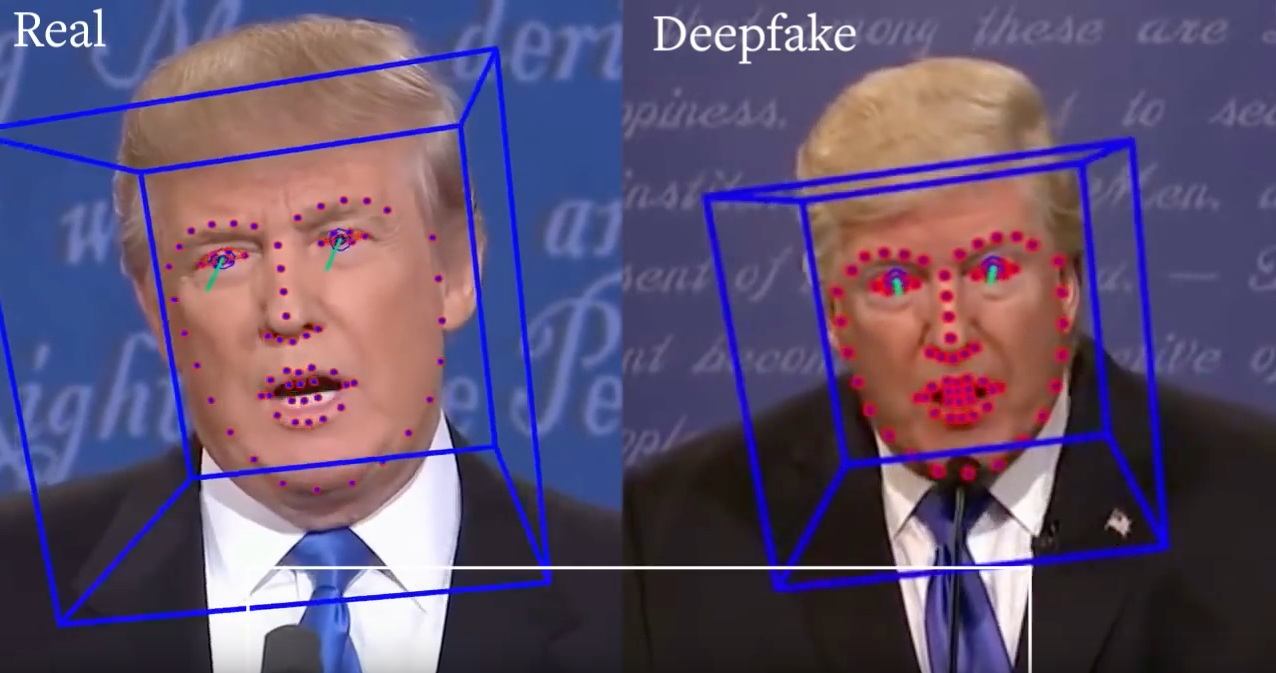$25 Million Vanished: The Alarming Tale of Deepfake Deception in a Corporate Heist!
February 7, 2024 - Reading time: 2 minutes

In a groundbreaking case of cyber deception, a well-orchestrated scam involving deepfake technology led to a staggering loss of $25 million from a multinational corporation. The scam unfolded when an unsuspecting employee was lured into an online video meeting, purportedly with the company's chief financial officer and other senior staff members. However, the reality was far more sinister: all the participants were fabrications, created using sophisticated deepfake technology to mimic the appearance and voices of the company's executives.
This elaborate ruse was orchestrated by scammers who had meticulously prepared by gathering videos of the company’s executives and employing artificial intelligence to generate their lifelike impersonations for the video call. The employee, deceived by the authenticity of the deepfakes, was persuaded to authorize 15 transactions totaling $25.5 million to five different bank accounts, under the guise of a confidential business deal.
The scam came to light only after the transactions were completed, and the employee sought verification from the company's head office, revealing the depth of the deception. The incident, which marks the first of its kind in Hong Kong, signifies a worrying escalation in cybercrime, leveraging the power of AI to commit fraud on a massive scale.
The Hong Kong Police Force's Cyber Security Division, led by Acting Senior Superintendent Baron Chan, highlighted this incident as a stark warning about the capabilities of fraudsters to exploit artificial intelligence and deepfake technology to create convincing forgeries. The case underscores the urgent need for heightened vigilance and skepticism, especially in the realm of online meetings, where participants may not be who they appear to be.
This alarming episode also shines a light on the broader implications of deepfake technology, prompting calls for more stringent regulation and awareness to combat the growing threat of digital impersonation. As cybercriminals become increasingly sophisticated, the race to safeguard individuals and organizations against such unprecedented forms of fraud is more critical than ever.
Deepfakes have also recently caught the attention of United States lawmakers following the widespread circulation of fake photos of Taylor Swift. U.S. Representative Joe Morelle has called for criminalizing the production of deep fake images in the country.

DW Staff
David Lintott is the Editor-in-Chief, leading our team of talented freelance journalists. He specializes in covering culture, sport, and society. Originally from the decaying seaside town of Eastbourne, he attributes his insightful world-weariness to his roots in this unique setting.




